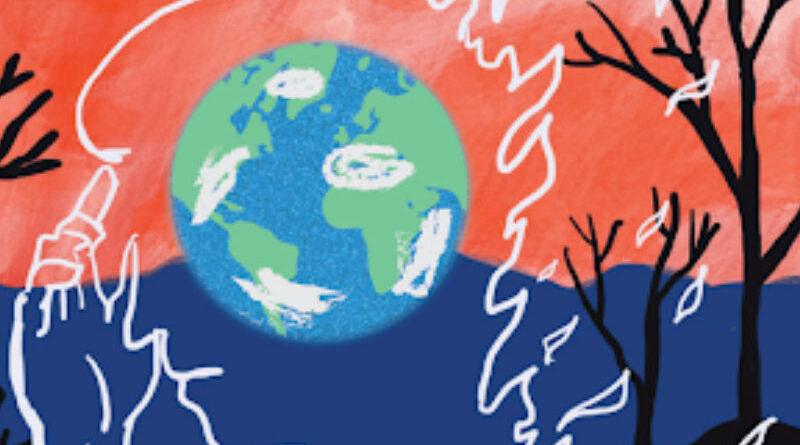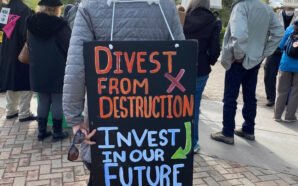New research found natural disasters and pollution linked to climate change are contributing factors to high rates of anxiety and depression among young people.
Researchers from San Francisco-based Hopelab consulted experts and interviewed youth climate activists to determine how climate effects like wildfire, extreme heat, drought, flooding, and air pollution are affecting young people’s mental health.
Emma Bruehlman-Senecal, research lead for Hopelab, is the author of the group’s Climate Generation blog.
“We are focusing on climate change because Hopelab’s mission is to support the mental well-being of young people, particularly those from communities that have been underinvested in,” Bruehlman-Senecal explained. “It’s clear that climate change is deeply impacting youth mental health, particularly the well-being of youth of color.”
Hopelab’s findings recommended more funding for youth-led activism but also to make mental health services more accessible by locating them in places where young people spend time, such as schools and community centers.
Another Bay Area nonprofit, YouthTruth, paired up with the Sonoma County Office of Education to survey students over the past eight years.
Jessica Progulske, YouthTruth lead for the county, said after 2017, when thousands of homes burned down in a series of wildfires, reports of depression and anxiety shot up.
“Some of the early research around resiliency indicates that the ability to do something about it, as a student, has the potential to offset some of the later health risks associated with childhood adversity,” Progulske noted. “In spite of climate change and climate anxiety and dread that comes with it.”
The Sonoma County Office of Education launched the
Environmental Justice Coalition, which partners groups of students with a mentor to work on local environmental issues.
Jimmy Simpson Jr., director of partnerships for YouthTruth, said the disruption of the wildfires, followed by COVID, took a toll early on.
“There was a definite correlation between students significantly impacted, relating to less positive perceptions around engagement in school,” Simpson reported. “As well as their sense of belonging, and academics.”
More recent surveys showed while the immediate effects of the firestorm have lessened, episodes of anxiety and depression continue to affect school performance.






